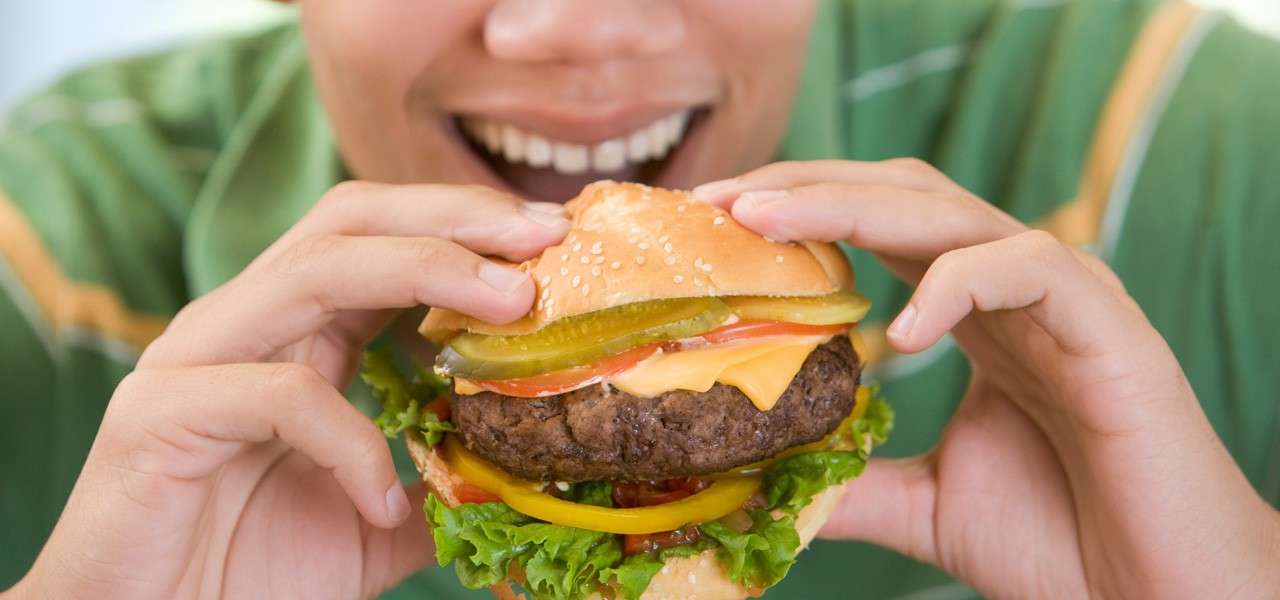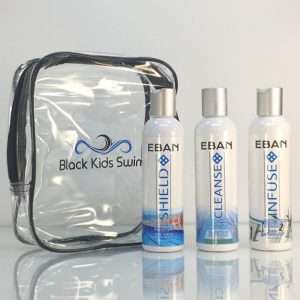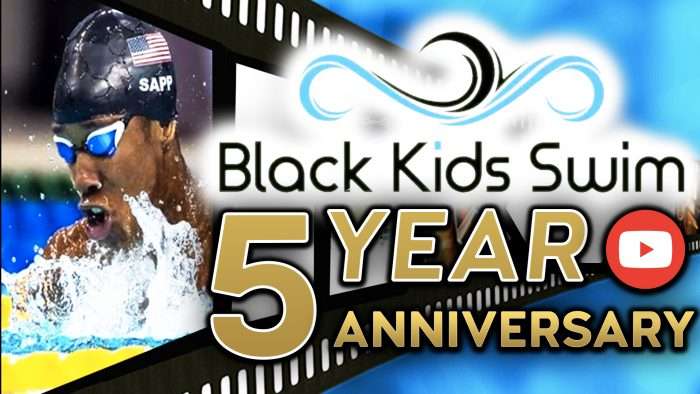
Feeding your swimmer
Kids, especially teenagers, seem to be constantly hungry. Experienced swim parents (read swim taxis!) know to keep a stash of snacks and juices in the car to avoid the daily complaints of “I’m starving!” So, what should we feed our swimmers to ensure they are able to continue to develop as healthy young adults and athletes?
Vitamins and Minerals – Vitamin B, especially B-1 and B-2, help your body produce energy. A lack of vitamin B can lead to loss of appetite, muscle cramps and tiredness. Iron carries oxygen through your body. Vitamin C keeps the cold and flu season at bay. Calcium is key for bone health and muscle function.
Protein – Our kids can’t swim without muscles! Proteins, especially low fat proteins, help to build new muscle tissue. Protein can be found in meat, dairy and non-dairy substitutes and healthy fats like avocado oil, nuts and nut butters.
 Fruits and Vegetables – Another great source of vitamins. But be sure to avoid cruciferous veggies (broccoli and cauliflower) the night before a swim meet as they can cause gas or bloating.
Fruits and Vegetables – Another great source of vitamins. But be sure to avoid cruciferous veggies (broccoli and cauliflower) the night before a swim meet as they can cause gas or bloating.
Grains – Carbohydrates and complex carbohydrates give your swimmer energy to burn during practice and competitive meets. Combining complex carbohydrates with proteins will also ensure they will not get hungry immediately after a meal.
WATER – Many swimmers forget how important it is to stay hydrated. Dehydration can lead to a significant drop in energy during practices as well as competitive meets.
Here are a few simple meal ideas to keep give your swimmer the fuel they need:
Breakfast: Boiled eggs, whole wheat toast, butter, 100% juice or fruit, multi vitamin, milk
Snack: Popcorn popped with avocado oil, cheese stick, water
Lunch: Whole grain pasta with tomato or cheese sauce and protein (chicken, ground turkey), vegetables, water, canned fruit, milk
Snack: Rice and black bean burrito with plain yogurt or sour creme, water
Dinner: Baked chicken, baked potato or sweet potato with butter, tossed salad, fresh fruit, milk
Ebony is a wife and mommy of two gorgeous swimmers. She started Black Kids Swim to help parents (like herself!) who want to be supportive swim parents to African American children.






